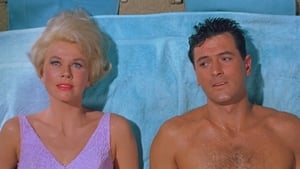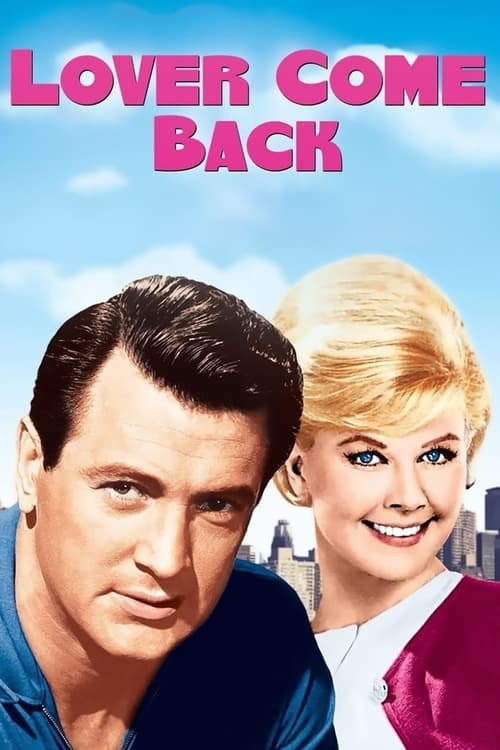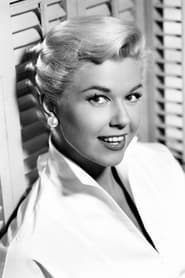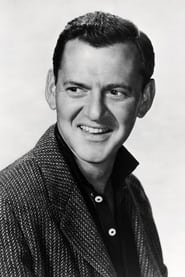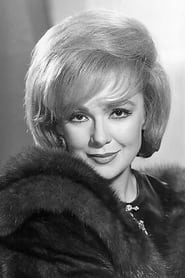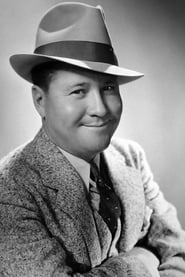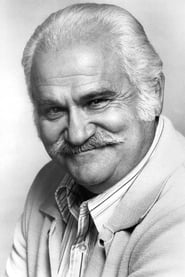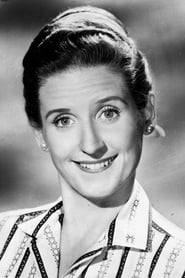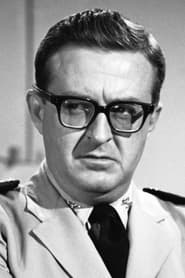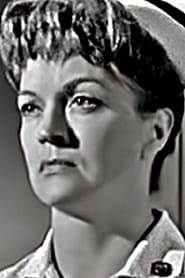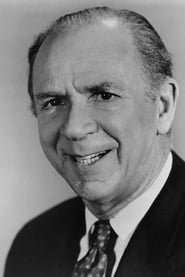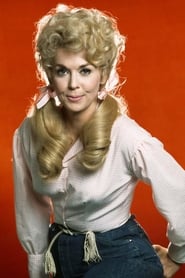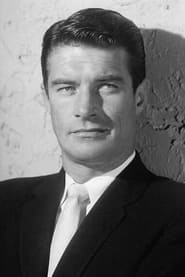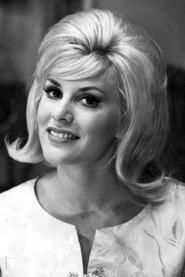Cast
View AllRock Hudson
as Jerry Webster
Doris Day
as Carol Templeton
Tony Randall
as Peter 'Pete' Ramsey
Edie Adams
as Rebel Davis
Jack Oakie
as J. Paxton Miller
Jack Kruschen
as Doctor Linus Tyler
Ann B. Davis
as Millie, Carol's Secretary
Joe Flynn
as Hadley
Howard St. John
as Mr. John Brackett
Karen Norris
as Kelly, Jerry's Secretary
Jack Albertson
as Fred
Charles Watts
as Charlie
Donna Douglas
as Deborah, Peter's Secretary
Ward Ramsey
as Hodges
June Wilkinson
as Sigrid Freud - Stripper on Standee
Crew
Director
- Delbert Mann
Producer
- Stanley Shapiro
- Martin Melcher
Reviews
CinemaSerf
I'm not sure there's too much actual acting going on here, more like Rock Hudson, Doris Day and Tony Randall just having some fun with an entertainingly and occasionally quite witty script from Stanley Shapiro and Paul Henning. Hudson is successful advertising executive "Jerry" who works for the hapless "Peter" (Randall) and is the antagonist of rival "Carol" (Day). Despite her best efforts to nail him for his unscrupulous business tactics, he always manages to wriggle free. Meantime, "Rebel" (Edie Adams) is one of his gals who's fed up with his empty promises. When "Carol" manages to get her to support a complaint to the advertising standards committee, "Jerry" has to think on his feet - and he offers her a job as the face of "VIP". Photoshoot in the can, can on the shelf never to be seen again, an appeased "Rebel" and a frustrated "Carol". Well not quite, because "Peter" gets wind of the photography and decides to release it - big style! Snag? Well there's no such thing as "VIP"! With the campaign taking off spectacularly, he now has to find a product to fit the bill(boards). Mad scientists, a bit of "Wonka"-esque creativity and some silver wrapping - but can it work? Of course, as with "Pillow Talk" (1959) there's a bit of burgeoning incognito romance going on which adds a little to the humour and general confusion, but for my money it's Randall who steals the piece as the wealthy boss who wouldn't know a good deal if it bit him on the lip - even if his analyst told him. Not the best title for the film, but it's good fun.
Jun 28, 2024
Thematic Analysis
Lover Come Back represents a fascinating example of Comedy/Romance cinema, offering viewers a unique perspective on the human experience and societal structures. The film's approach to its themes demonstrates a creative vision that distinguishes it within its genre.
Director Delbert Mann brings their distinctive visual style to this film, continuing their exploration of themes seen in their previous works while adding new elements. Their approach to pacing and visual storytelling creates a viewing experience that rewards close attention.
Released in 1961, the film exists within a cultural context that now offers viewers historical perspective on the social issues of that era. Its reception demonstrates the diverse reactions to its artistic choices and its place in cinema history.
Did You Know?
- The production of Lover Come Back took approximately 30 months from pre-production to final cut.
- The final cut of the film runs for 107 minutes, though the director's initial assembly was reportedly 135 minutes long.
- The costume department created over 168 unique costume pieces for the production.
- The musical score contains over 77 unique compositions.
- Some visual effects sequences took up to 10 months to complete.
Historical Context
- In 1961, when this film was released:
- Counterculture movements were challenging traditional values.
- The Vietnam War was becoming increasingly controversial.
- The film industry was dominated by major studios, with independent cinema still in its early development.
How This Film Stands Out
While Lover Come Back shares thematic elements with other films in its genre, it distinguishes itself through its unique approach to storytelling, visual style, and character development.
Unlike The Apartment, which focuses more on action than character development, Lover Come Back subverts genre expectations by exploring its themes with greater nuance.
While films like Chocolat and Notting Hill explore similar territory, Lover Come Back stands apart through its deeper exploration of its central themes and more complex characterization.
This film's unique contribution to cinema lies in its bold artistic choices and willingness to challenge viewer expectations, making it a valuable addition to its genre.
Details
- Release Date: December 20, 1961
- Runtime: 1h 47m
- Revenue: $16,937,969
